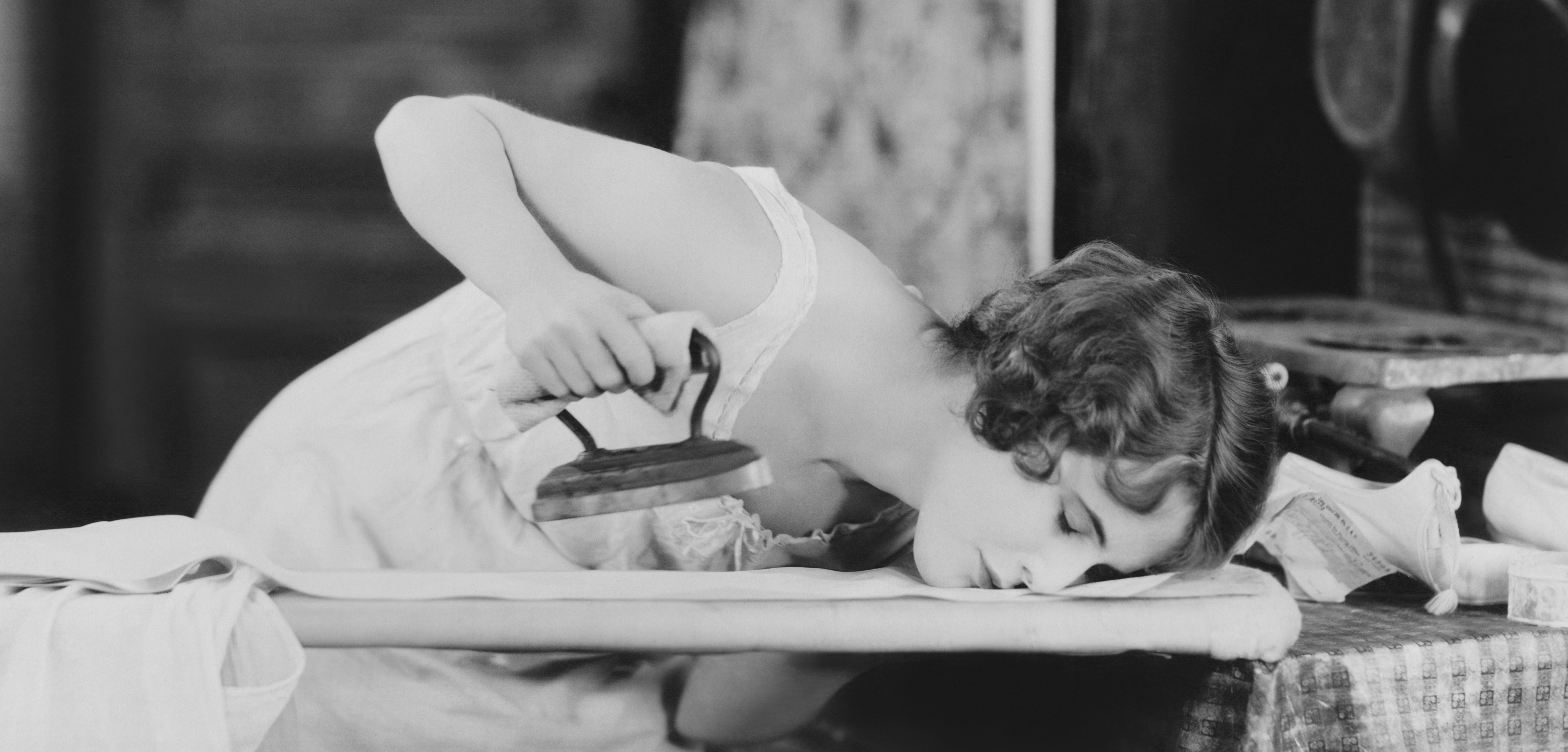Italian women consistently do the most housework. However, the researchers' analysis of 66 surveys across 19 countries shows 'traditional' countries are catching up on gender equality.
Researchers have looked at the time spent doing housework by men and women living in 19 countries from the early 1960s up to the first decade of the 21st century. They calculate that over a half century across those countries, being a woman can be linked with doing two hours of extra housework per day compared with a man. The good news for women, however, is that overall the men's share has increased. By the first decade of this century more traditional countries in southern Europe have started to rapidly catch up with more progressive countries on gender equality, says the study.
An analysis of 66 time use studies between 1961 and 2011 reveals that Italian and Spanish women spent the most time on domestic tasks over the whole period. Until the end of the first decade of the 21st century, they did far more than the other women studied, with Italian men doing far less housework than men from other countries. In 1980, Italian women did 243 minutes (just over 4 hours) more housework than men a day, but by 2008 this had dropped by a quarter to an extra 183 minutes (just over 3 hours). In Spain, there was also a striking fall: from women doing an extra 174 minutes (almost 3 hours) housework in 2002 to 139 minutes (2 hours 19 minutes) in 2009.
To make further inroads policy-makers and employers may need to find more ways of encouraging a healthy life-family balance in the workplace.
Professor Oriel Sullivan, Co-Director of the Centre for Time Use Research
As well as women in Italy and Spain, the females with the highest share of the housework across most or all of the 50-year period were in Poland, Yugoslavia/Slovenia, France and Germany. Across all the countries and time periods, married women, married men and those with children living at home spent the most time doing household chores.
The study shows women in the UK have decreased the amount of housework they do, while men in the UK have consistently increased their share over the 50-year period although not at the same rate. In 1961, UK women did an extra 195 minutes (nearly 3.5 hours), but by 2000 this had fallen to 90 minutes with a further drop to 74 minutes by 2005, says the study.
Nordic countries are leading the way in the trend towards greater gender equality, says the paper. It suggests there is 'no absolute ceiling' on finding better equality where the sharing of housework is concerned but that family-friendly policies pursued in Nordic countries, such as publicly available early childcare, have meant women are better supported. Women in Norway, Finland and Denmark did just over an hour more housework than men, according to the most recent time-use surveys.
Over decades men in the United States, Canada, Australia, Finland and the Netherlands have been increasing their share, but the study finds progress in gender equality slowed down during periods, particularly in the 1980s, with further stalling in the United States in the 1990s. While the research finds that the countries are continuing to move in the direction of gender equality, it says there may be limits to what can be achieved without changes in current social policy, the attitudes of employers and managers, and cultural understandings about what constitutes male and female roles in society.
Study co-author Oriel Sullivan, Professor of Sociology of Gender and Co-Director of the Centre for Time Use Research at the University of Oxford, comments: 'The overall picture is of a continuing move towards men and women sharing the housework more equally. Despite obvious progress over the last few decades, our research suggests a slowing down of gender equality in many countries.
'To make further inroads policy-makers and employers may need to find more ways of encouraging a healthy life-family balance in the workplace, and provide further support for parents with sufficient funding for early child-care facilities and greater opportunities for parental leave.'
Lead author Dr Evrim Altintas, a British Academy Postdoctoral Fellow at the Centre for Time Use Research, adds: 'The gender gap in the division of domestic labour is strongly linked to inequalities in the labour market, such as the gender pay gap. The partner who spends more time in domestic work is at a disadvantage in terms of their work opportunities, and this negatively affects their future job prospects.'
